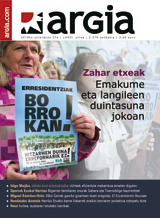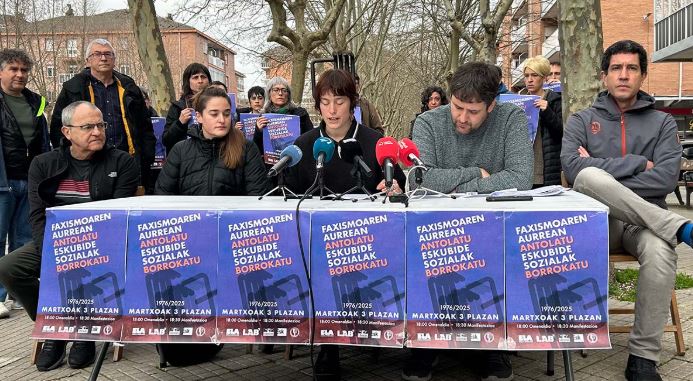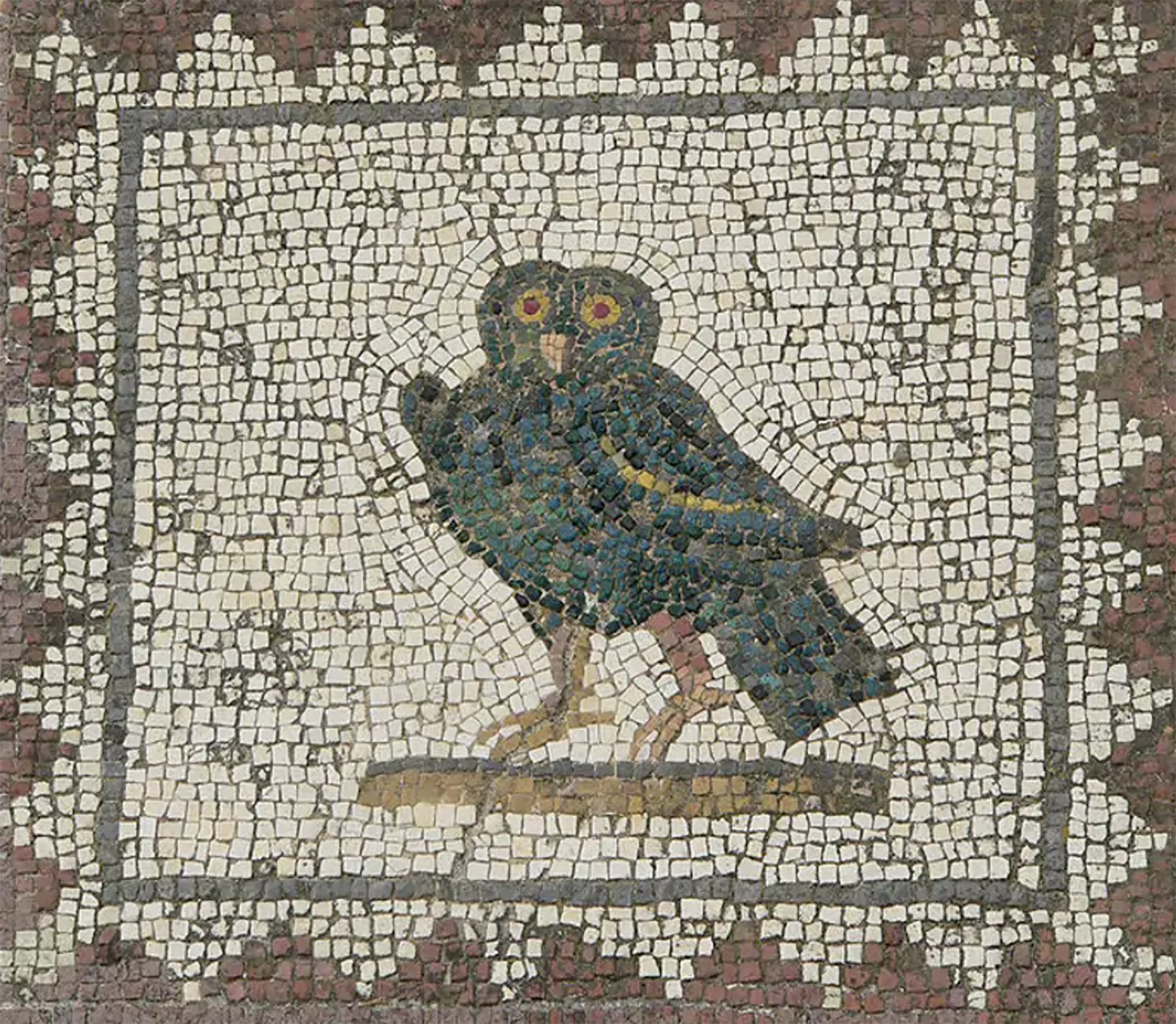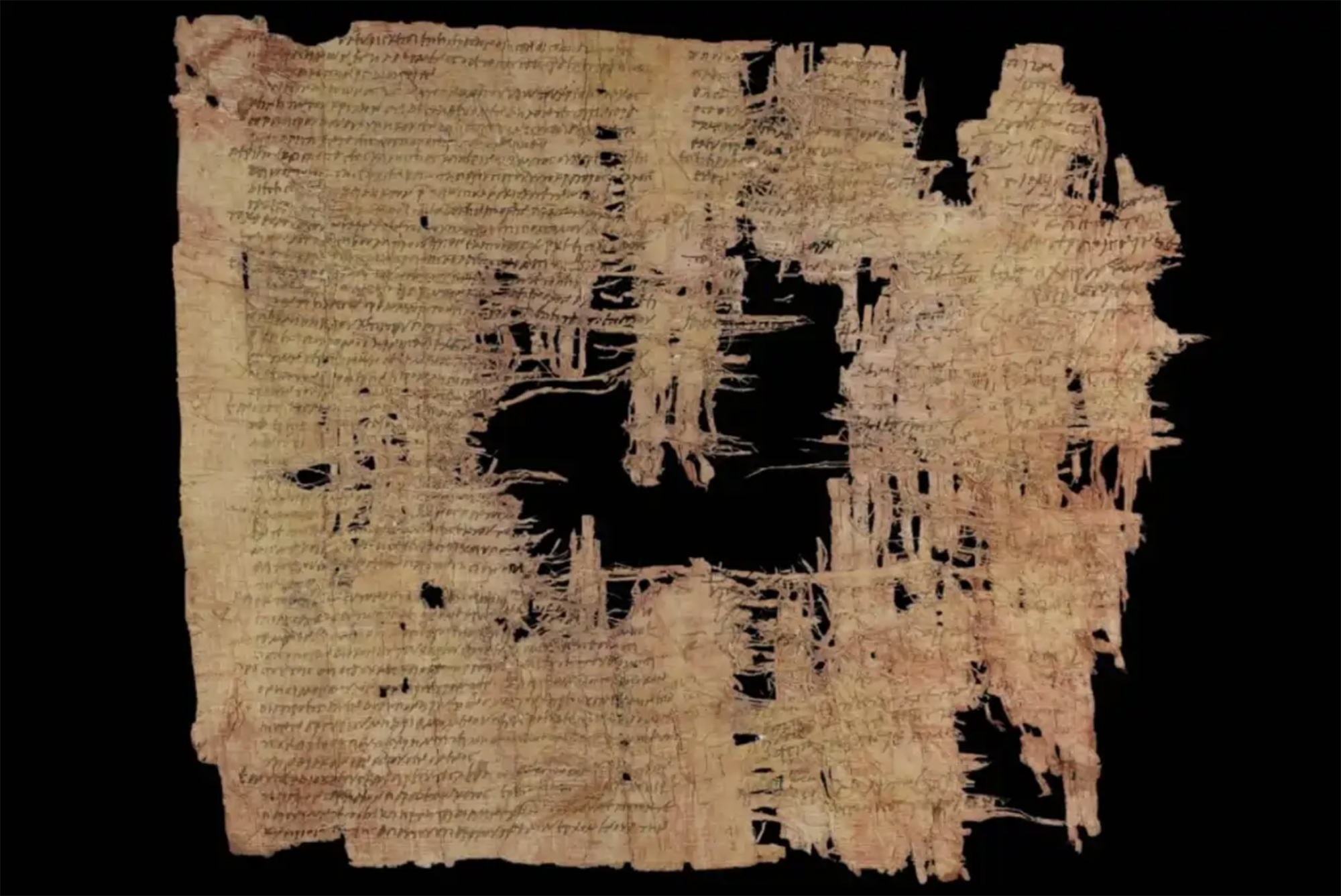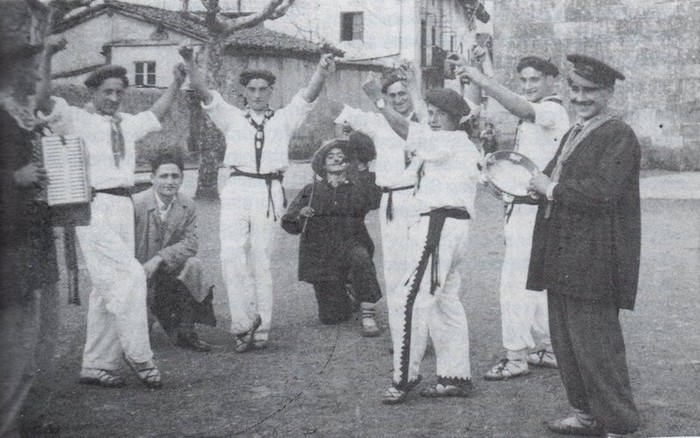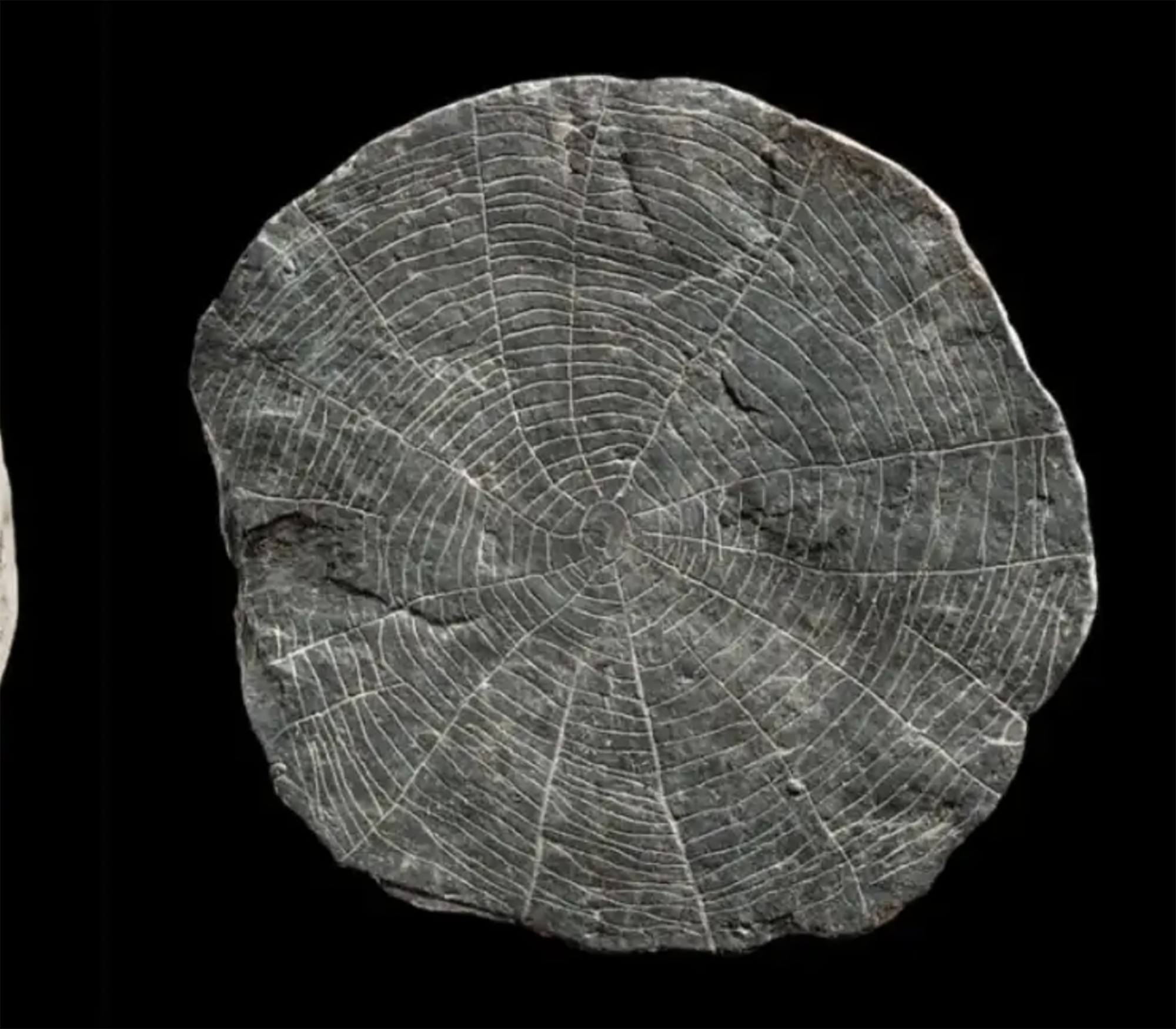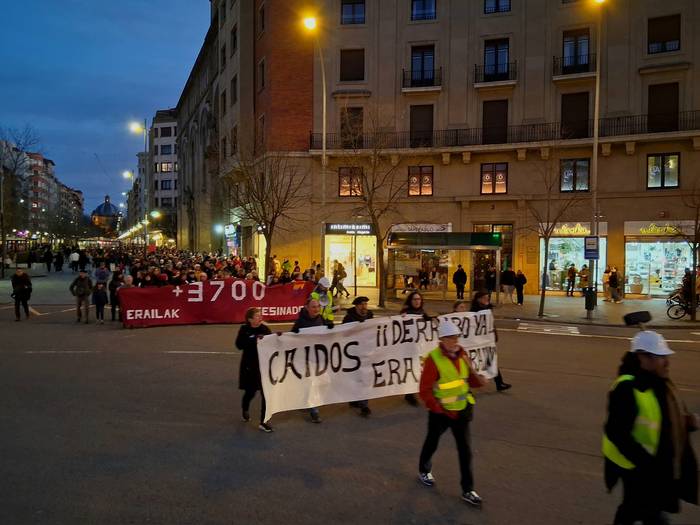Money doesn't smell, detergent does smell
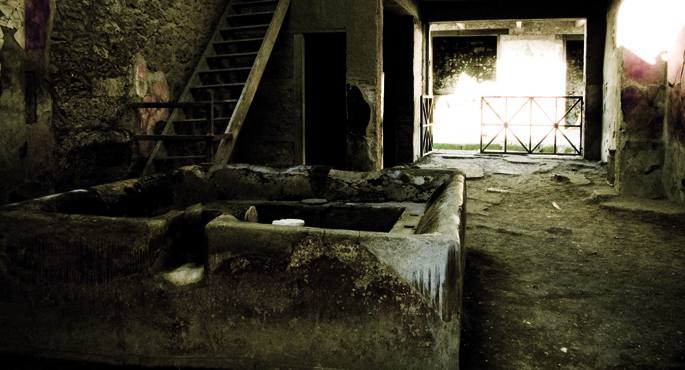
Pompeii, c. Year 79. The eruption of the Vesuvius volcano surprised businesses in the Roman city, including fullonica or Stephanus laundry. Like all other elements of the site, the laundry was very well preserved by the ashes. And there are also other fullonics that have survived well, like those of Ostia, Barcino and Herculano. In fact, all Roman cities or colonies had at least one fullonica.
They were engaged in washing clothes and household clothes. In the absence of artificial chemical detergents, urine was used as a universal detergent at the time of urine, as it was also used for tooth cleaning, as explained in this section. In the pools of saltus fullonici or water renewal, the ammonia in the urine was good for removing toge stains, tunics and wool scarves. They mixed urine with lime and ash, natural, bleaching raw materials.
Not all the pools were equal. Some imported from abroad – the washable gifts of Hispanic urine were known – but most of the time they had to use the fluid collected in public bathrooms. There were also more autarkic businesses: on the walls of the store, there were amphora stockings for pedestrians to carry to the bladder. In the pompeii, inscriptions have been found that invite citizens to urinate.
The slaves, mixed with soda and urine, ordered the clothes and fabrics until they were mixed with smelly detergent. Once the stains were removed, they would take the clothes to a larger pond outside and let them drain, drain and dry in the sun, over the rainwater collected in the impluvium. The wealthiest paid some coins and the fullonica slaves perfumed their clothes with essences of flowers and herbs, hoping to erase the traces of the smell of urine.
Emperor Vespasian imposed the urine tax that citizens left in laundries or public latrines due to their eagerness to raise money from any activity. Suetonius had pointed out that Tito, the emperor's son, had demoralized his father's decision. Vespasian then took an aureus out of the bag and asked Tito if the smell of the golden coin disturbed him. After his son refused, the father replied: “And yet, it comes from the urine.” Then Pecunia non olet (Money doesn't smell), the well-known Latin expression, was born.
In the Maszycka cave in Poland, remains of 18,000 years ago were found at the end of the 19th century. But recently, human bones have been studied using new technologies and found clear signs of cannibalism.
This is not the first time that a study has reached this conclusion,... [+]
Porzheim, Germany, February 23, 1945. About eight o’clock in the evening, Allied planes began bombing the city with incendiary bombs. The attack caused a terrible massacre in a short time. But what happened in Pforzheim was overshadowed by the Allied bombing of Dresden a few... [+]
Poloniar ikerlari talde batek Sevillako Italica aztarnategiko Txorien Etxea aztertu du, eta eraikinaren zoruko mosaikoak erromatar garaiko hegazti-bilduma xeheena dela ondorioztatu du.
Txorien etxean 33 hegazti daude mosaikoetan xehetasun handiz irudikatuta. Beste... [+]
Judea, 2nd century AD. In the turbulent atmosphere of the Roman province, a trial was held against Gaddaliah and Saul, accused of fraud and tax evasion. The trial was reported on a 133-line paper in Greek (pictured). Thinking that it was a Nabataean document, the papyrus was... [+]
Vietnam, February 7, 1965. The U.S. Air Force first used napalma against the civilian population. It was not the first time that gelatinous gasoline was used. It began to be launched with bombs during World War II and, in Vietnam itself, it was used during the Indochina War in... [+]
Archaeologists have discovered more than 600 engraved stones at the Vasagård site in Denmark. According to the results of the data, dating back to 4,900 years ago, it is also known that a violent eruption of a volcano occurred in Alaska at that time. The effects of this... [+]









